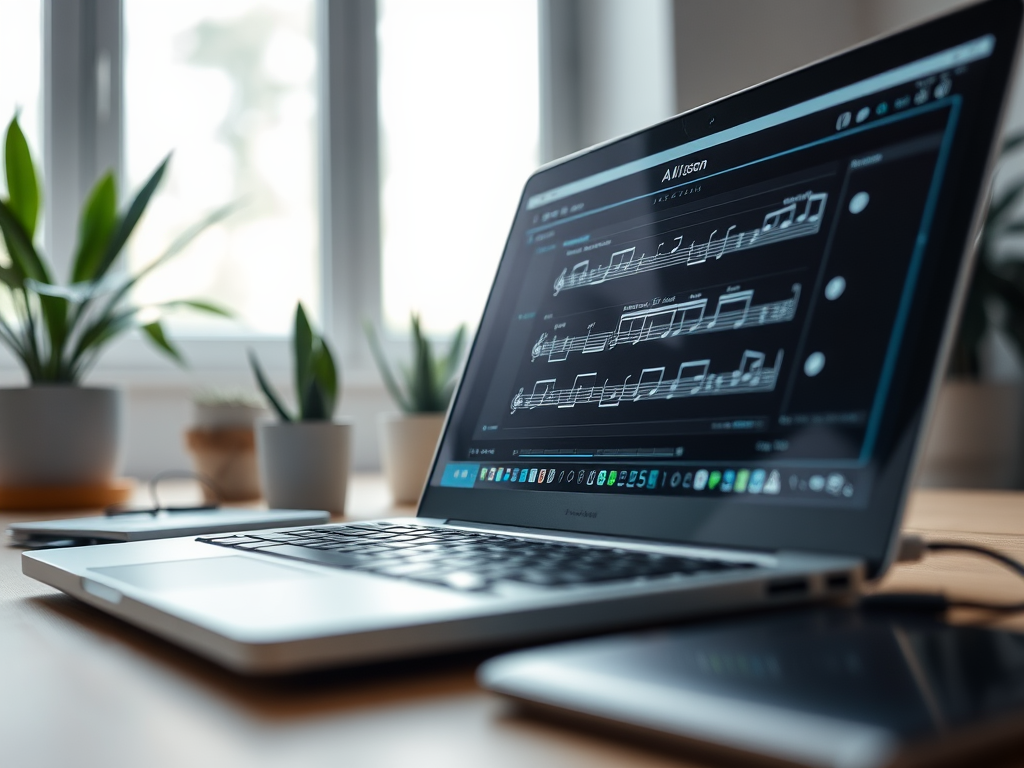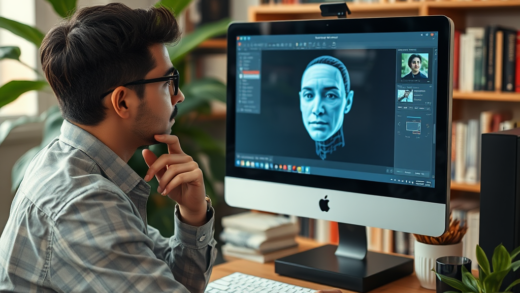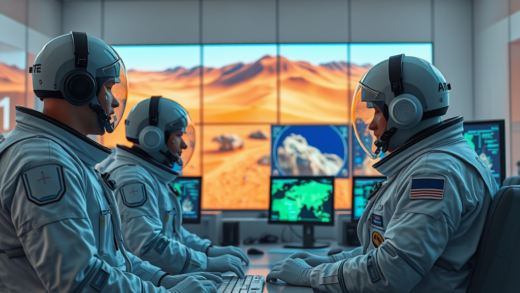The melding of AI with music creates something more than a curious intersection; it is an amazing revolution in art. Now more than ever, musicians, producers, and composers are utilizing the advancement of AI technology to their benefit. What if I told you that you could generate a complete song from scratch with just a single prompt? That is the world GPT (Generative Pre-trained Transformer) models are helping us achieve. With the help of these advanced algorithms, the song creation process is transformed from a tedious task to a delightful experience for the artist. It’s not merely about the fusion of technology, but the paradigm shift it causes in our perception of creativity and music.
Understanding GPT Models

The most powerful part of this revolution rests with the architecture called the Generative Pre-trained Transformer, or GPT for short. These models are built to comprehend and produce text that replicates human speech and writing. While the initial focus was on languages, other advancements included composing music, marking an unprecedented synergy between humans and machines. The approach relies on watching a vast amount of text and deriving different recognized patterns, styles, and contextual relationships from it.
The working of the GPT models is dependent on large volumes of data and deep learning processing. There is a phase of learning known as pre-training where the models acquire generic knowledge relating to language. They can be further tailored through a process called fine-tuning to more targeted tasks like composing music. By now, these models when given a prompt, disjointedly piece together sequences based on their learned patterns, producing prose that can subsequently be rendered into melodies. Yet, this is very challenging. Learning nuances of forms and styles of music adds an additional layer of complexity.
The Process of Composing Music with AI

The process that entails AI integration into songwriting starts once the motivation comes into play, which is typically user driven prompts or themes. Musicians can put a few concepts in words to an entire emotion which sets the stage for writing a song. Subsequently, the AI generates the lyrics to the emotion which is the first step in the musical composition. This process is usually circular and results in musicians changing their initial inputs because of what the AI has produced for them. As the AI polish his output, the sound engineers and composers will begin working on the tunes that go along with the words that the AI provided and these tunes can be created or transformed by musical software.
| Step | Action | Output |
|---|---|---|
| 1 | Input Prompt | Thematic Lyrics |
| 2 | Iteration | Refined Lyrics |
| 3 | Melody Creation | Complete Song |
One of the most stimulating fields of experimentation is converting textual inputs into musical pieces. This technique poses unique problems; transforming feelings and beat into a defined structure necessitates skill and an appreciation of the art form on a deeper level. As scientists consider the future prospects of AI powered text to music systems, initial results have shown the wonderful possibilities of interaction between music and language. The outcomes of this are mind-boggling because they may result some novel genres and styles directly correlated to AI rendered text.
Benefits of AI in Music Composition
AI comes with many advantages when incorporated into the songwriting process starting from enhancing creativity to improving the music production workflow. AI collaborates with works as a tool for creativity since it offers unique ideas and concepts that would have otherwise not been thought of by the artist. Other included benefits are:
- Enhanced Creativity: AI can generate unexpected, novel combinations that push artistic boundaries.
- Increased Efficiency: Artists can save time by rapidly generating song ideas and lyrics.
- Accessibility: Aspiring musicians without formal training can easily produce music using AI tools.
Challenges and Limitations
AI technology in music composition has its own set of challenges, despite its obvious advantages. Ownership over AI-generated works raises intellectual property issues, which is difficult to navigate with standard copyright policies. Besides, the emotional profundity that characterizes a lot of human music is often missing from AI-created music, which results in emotionally blank compositions. Such challenges lead to discussions around the credibility of AI-generated music and the degree of human creativity required in art.
The Future of AI in Music
The future of music still has great potential for AI development as we advance further. We might observe a move towards deeper integration of human and AI artists, where the emotional intelligence of humans and the data-centric understanding of machines is utilized. Furthermore, with the advancement of technology, new tools might appear, making it possible to create music in completely new ways. As societal attitudes towards music continue changing, the impact of AI could further alter existing categories towards Austrian, fresh innovation. AI and machines are transforming the current perception of music. Indeed, there is endless room for incredulity as well as acceptance, however, one thing is certain the evolution of music is forever ongoing.
Conclusion
To sum up, the use of AI in the music composition process is both promising and challenging at the same time. As shown, the application of GPT models in music creation fundamentally changes the possibilities available to musicians from all walks of life. From enhancing creativity and improving workflows to posing ethical questions, the influence of AI in the music domain is extensive and multifaceted. Receiving these changes may come as a surprise, but they could also open new avenues for artistic expression while fostering collaboration and innovation beyond one’s imagination.
Frequently Asked Questions
- What are GPT models? GPT models are advanced AI systems that generate human-like text based on input prompts. They are used in various applications, including music composition.
- Can AI create original songs? Yes, AI can create original songs by generating lyrics and melodies based on training data and user inputs, although the originality varies.
- What are the benefits of using AI in music composition? Benefits include increased creativity, faster composition processes, and lower barriers for aspiring musicians to create music.
- Are there ethical concerns with AI-generated music? Yes, there are concerns regarding copyright issues, the authenticity of creativity, and the emotional depth of AI-generated compositions.
- How might AI change the music industry in the future? AI may lead to new genres, enhance collaboration between artists, and redefine how music is produced and consumed.


